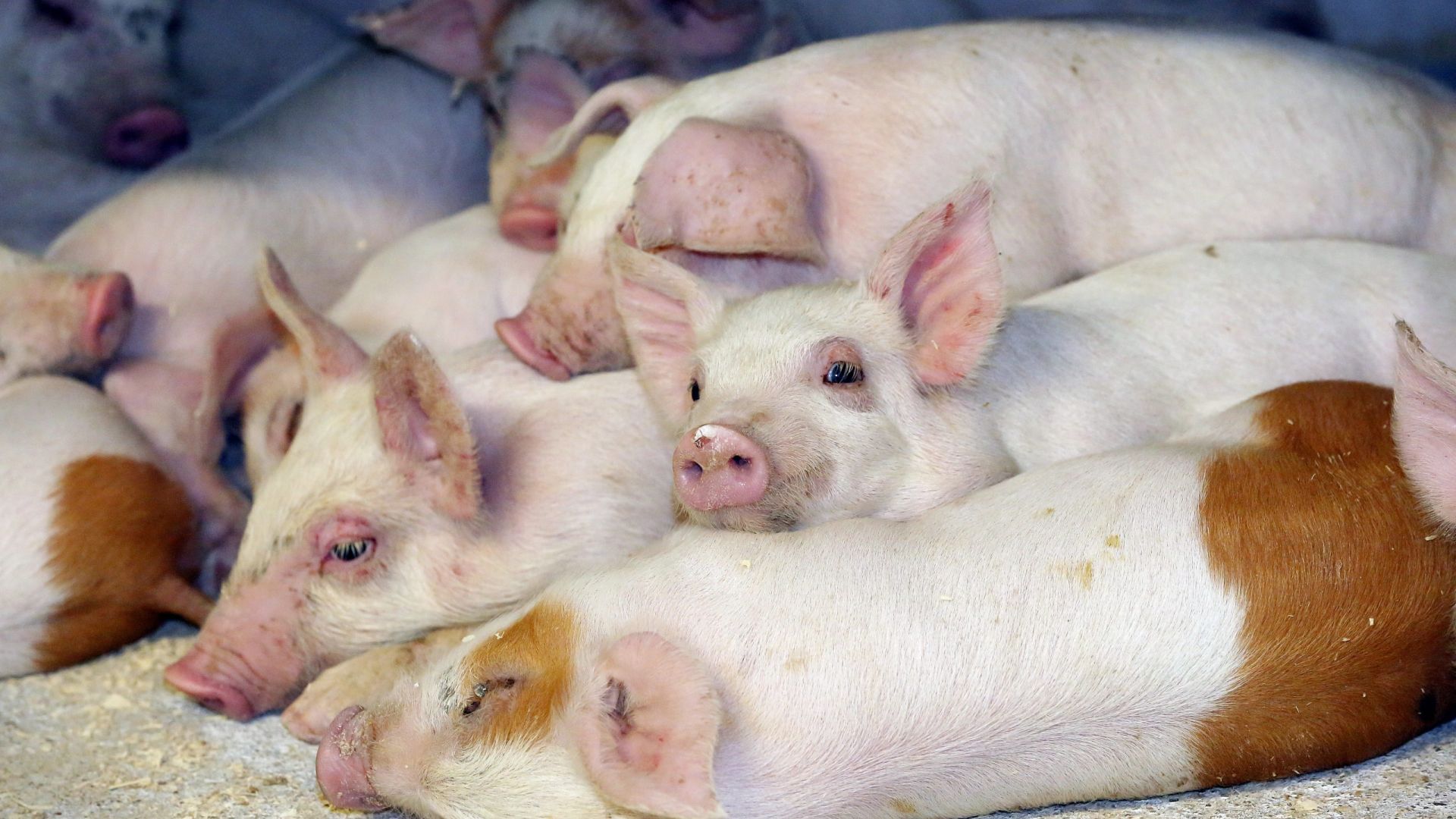Benefits of fermented rapeseed meal for growing pigs

Fermented rapeseed meal has a positive effect on improving the growth performance and intestinal health of growing pigs, according to Chinese research. Researchers from the Institute of Animal Husbandry at Sichuan Agricultural University claim that the results of a recent study could also help develop new protein sources for animal nutrition and the feed industry. The study, the results of which have been published in the Journal of Animal Nutrition, involved 30 growing pigs randomly assigned to three treatments: corn-soybean meal diet (CSD), rapeseed meal diet (RSD) and fermented rapeseed meal diet (FRSD). The results showed that compared with RSD, feeding FRSD increased the average daily gain and final body weight of pigs (P<0.01). Compared with RSD feeding, FRSD feeding increased the apparent digestibility of crude protein, acid detergent fibre and ether extract in pigs (P<0.01). The FRSD group had higher apparent ileal digestibility of His, Thr, Lys and SER than the RSD group (P<0.01). Digestible energy, metabolic energy and nitrogen utilisation were higher in the FRSD and CSD groups than in the RSD group (P<0.01). Compared with the RSD, the FRSD diet decreased the serum concentration of leptin but significantly increased the concentration of immunoglobulin (IG) A, IgC, IgM and the enzyme activities of amylase, lipase and trypsin in the pancreas (p<0.05). In terms of intestinal health, the FRSD diet not only increased the expression of occludin in the small intestinal epithelium (P<0.05) but also increased the expression of SGLT1 and CAT1 genes in the jejunum (P<0.05) compared to the RSD diet.